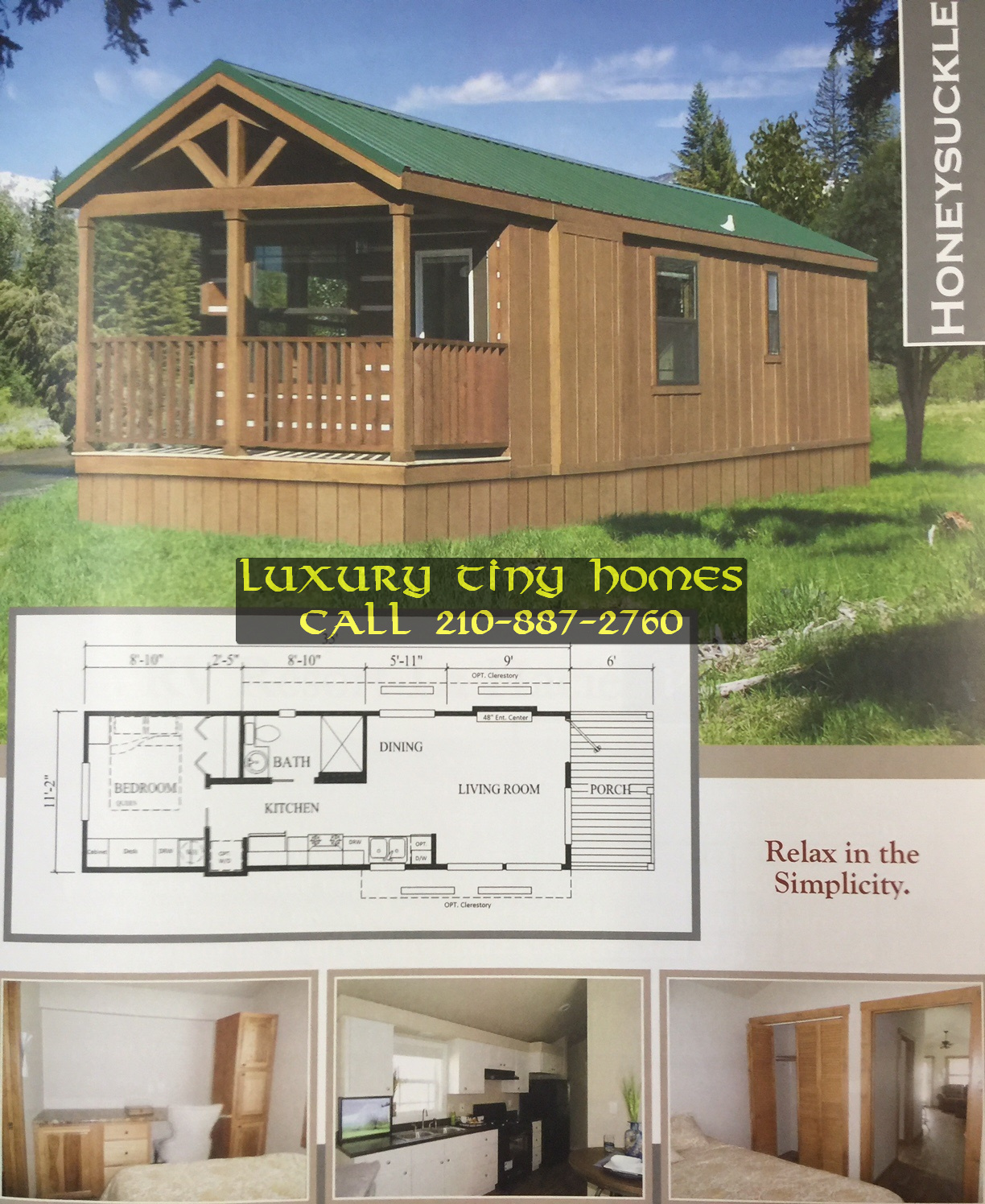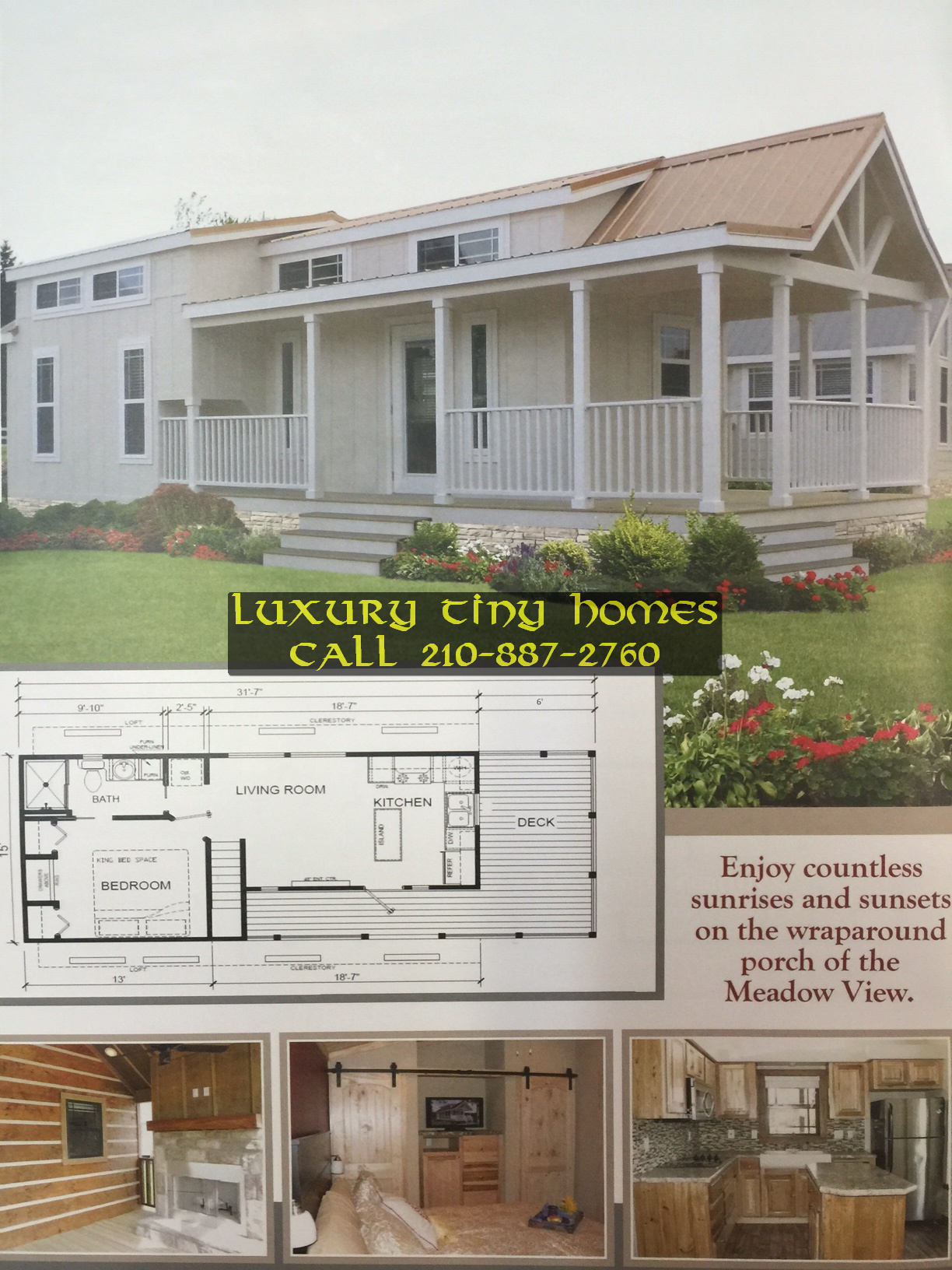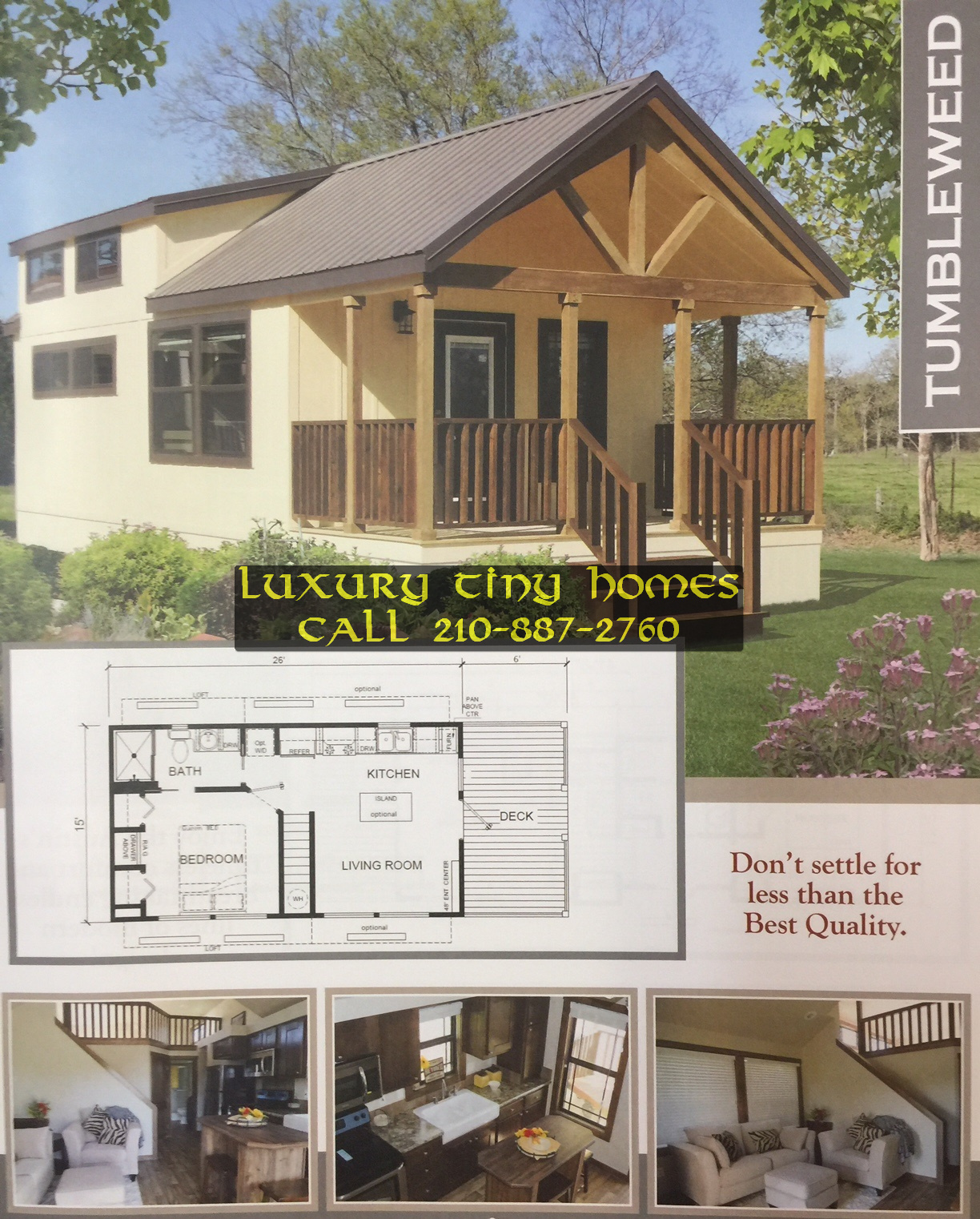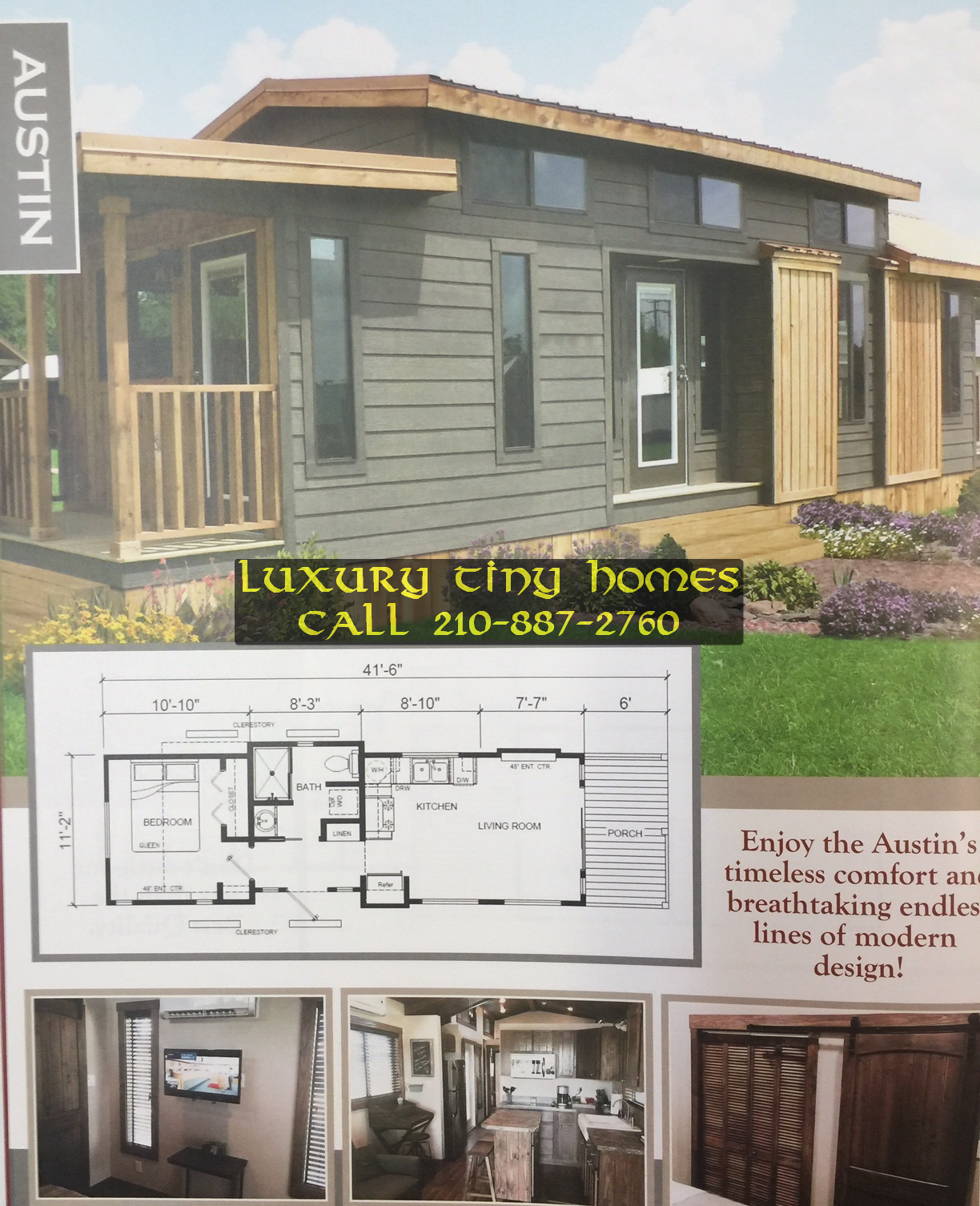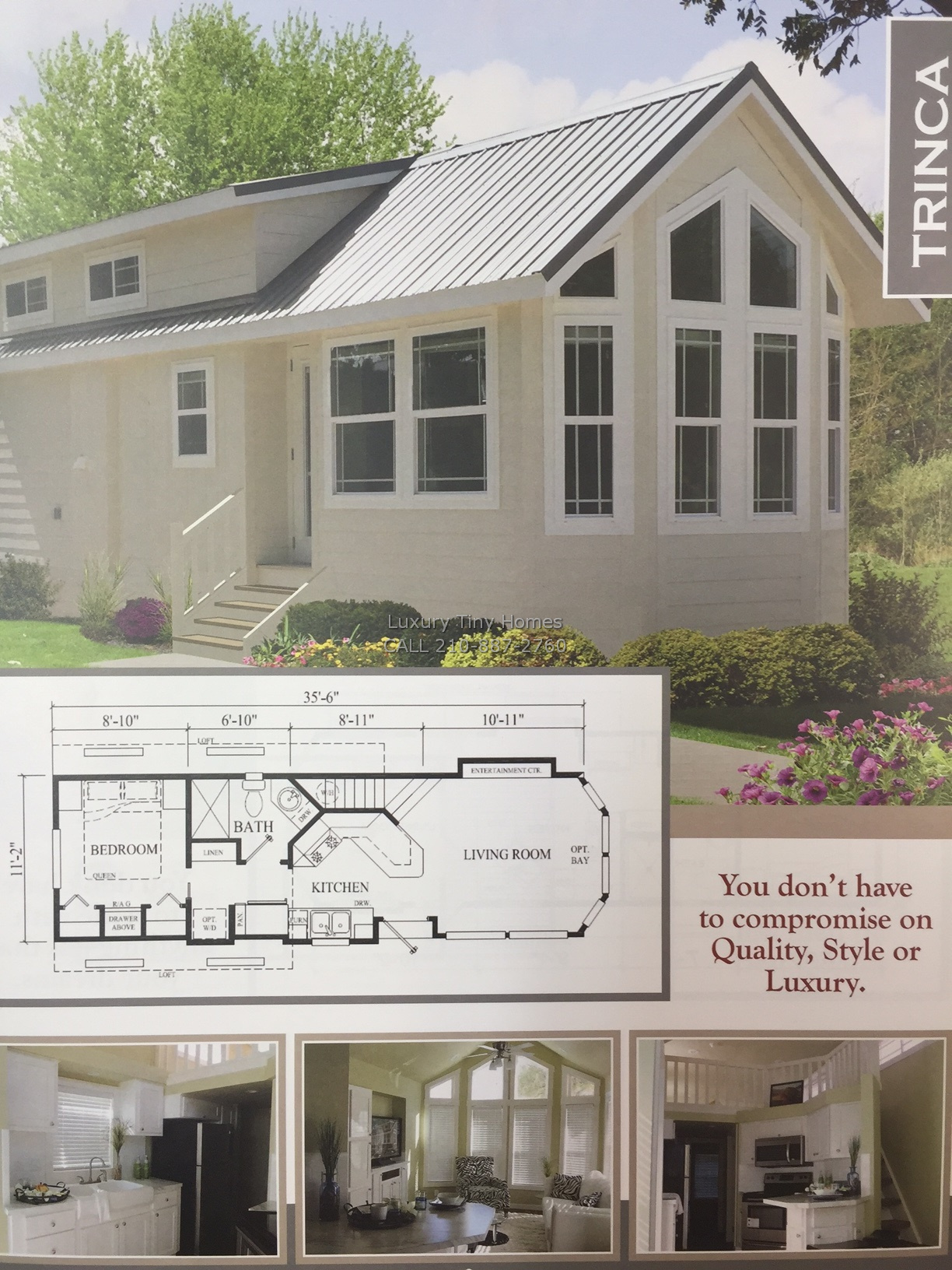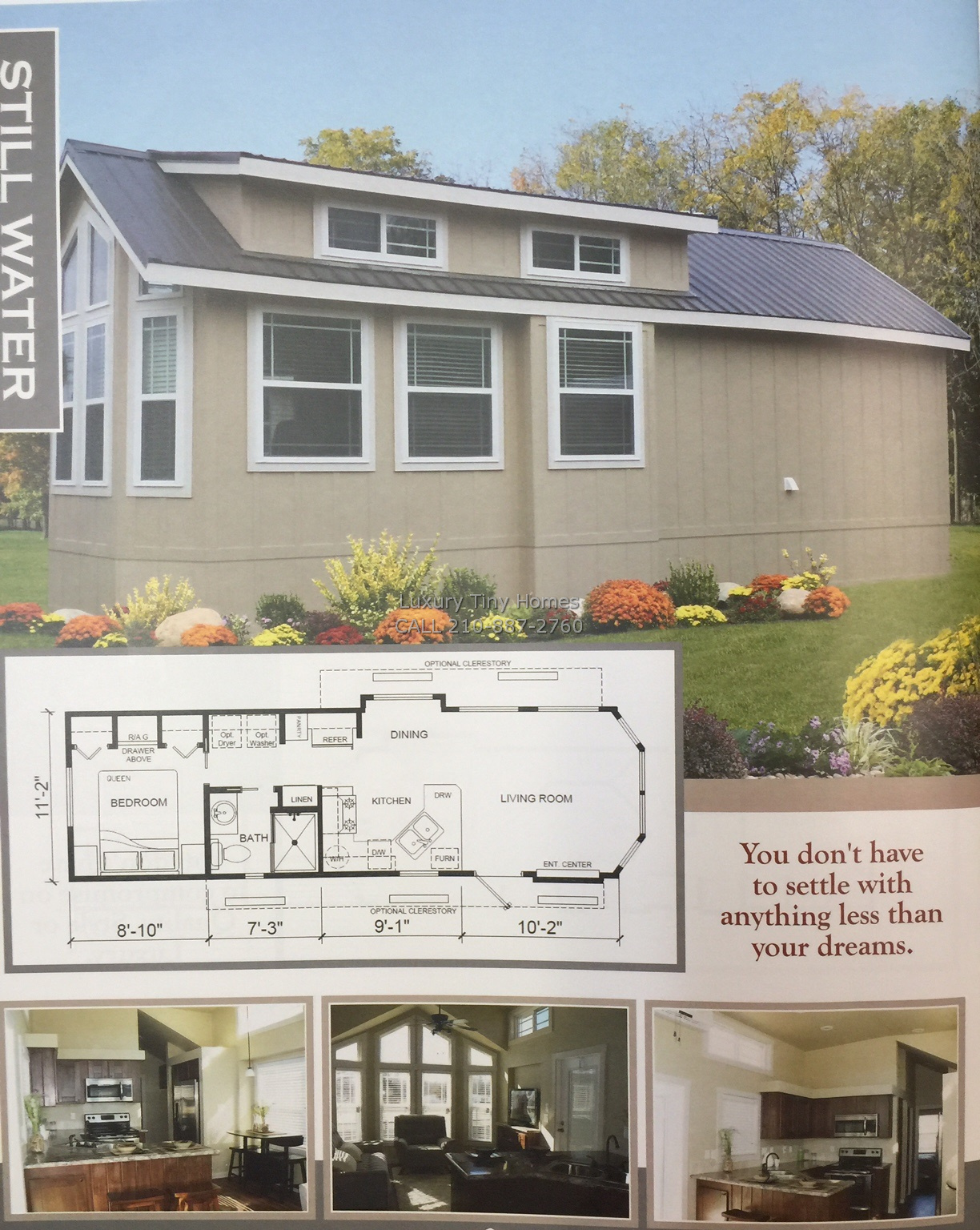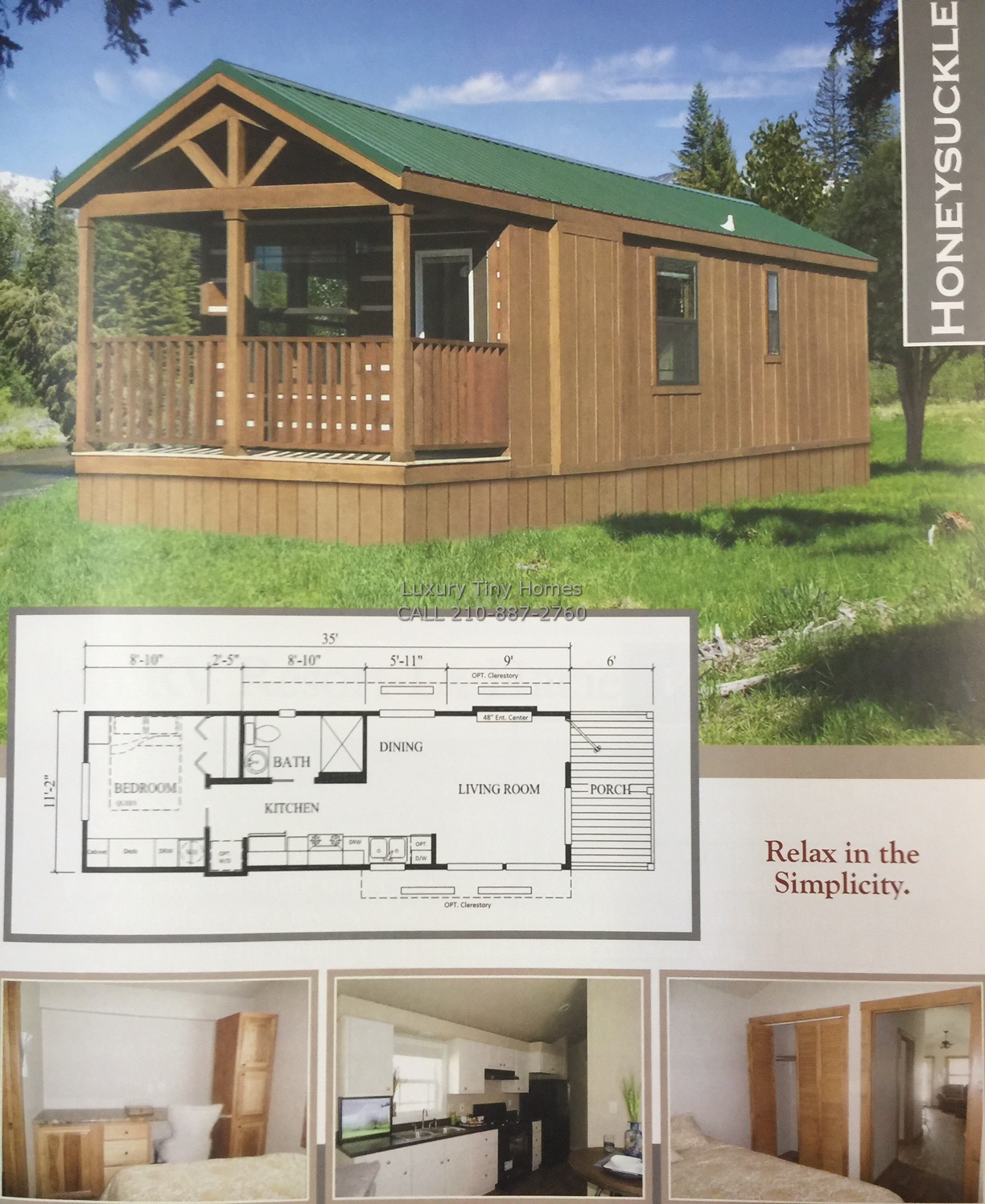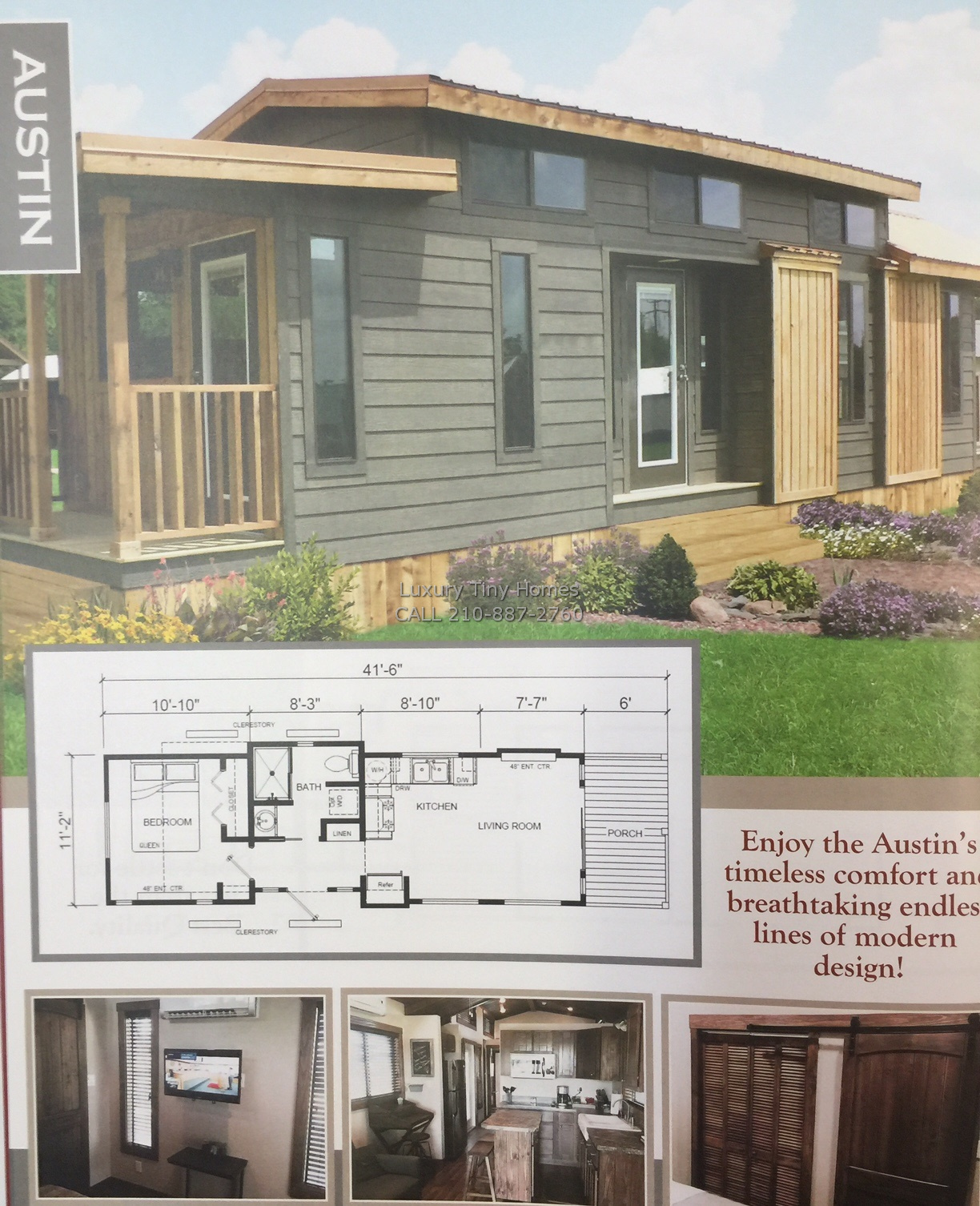In recent years, a revolutionary movement has been reshaping the American housing landscape, challenging conventional notions of home size and redefining the essence of the American dream. Welcome to the world of tiny homes, a phenomenon gaining remarkable traction across the United States. As a nation that has long celebrated the grandeur of expansive dwellings, the rise of tiny homes marks a paradigm shift towards a more sustainable, affordable, and minimalist approach to living.
Everything Worth Knowing About Tiny Homes
Tiny homes are a growing trend in the United States. Tiny homes are typically less than 500 square feet in size, and they offer a simpler, more minimalist lifestyle. (considered RV under 400 sq ft HUD/manufactured Home 400 sq ft and up).
According to the International Residence Code’s Appendix Q, a tiny home is succinctly characterized as a living space with a floor area of 400 square feet or less, excluding lofts. However, the interpretation diverges as CNBC adopts a slightly broader perspective, categorizing tiny homes as those under 600 square feet. On the other hand, Quicken Loans offers its own criterion, defining a tiny home as one that measures 500 square feet or less.
The varied interpretations may prompt contemplation on what truly constitutes a tiny home, and in this diverse landscape, the consensus tends to lean towards a more inclusive approach. For many, a house measuring up to 600 square feet is considered a fitting embodiment of the tiny home ethos.
One intriguing aspect of tiny homes lies in their versatility regarding foundations. Whether resting on permanent foundations or mounted on trailers, these diminutive abodes are designed to embrace mobility.
How Popular is Tiny Houses in the US
Diving into the preferences of the American population, a compelling survey conducted by Fidelity National subsidiary IPX1031 sheds light on the growing inclination towards tiny homes. In 2020, more than half of respondents, a whopping 56%, expressed a willingness to embrace tiny living. Unveiling the motivations behind this shift, participants consistently highlighted affordability and efficiency as their top considerations.
Exploring the popularity of tiny homes across the United States, a recent IPX1031 survey delved into Google search results to pinpoint the regions where this compact living trend is thriving. The northeast and northwest emerge as the epicenters, with the following states leading the charge:
- Vermont
- New Hampshire
- Maine
- Wyoming
- Washington
- Idaho
- Montana
- Oregon
- Rhode Island
- Alaska
Benefits of Living in a Tiny Home
1. Affordable Living
Tiny homes offer an affordable housing solution, with lower upfront costs and reduced ongoing expenses. Their compact size means less material, lower utility bills, and a smaller ecological footprint. This financial efficiency allows homeowners to allocate resources to other pursuits, fostering financial freedom and stability.
2. Environmental Sustainability
Living in a tiny home is inherently eco-friendly. The smaller space demands fewer resources for construction and maintenance, reducing the overall environmental impact. Additionally, tiny homes often incorporate energy-efficient technologies and sustainable materials, contributing to a more environmentally conscious lifestyle and a lighter ecological footprint.
3. Simplified Lifestyle
Tiny homes encourage a simplified and decluttered lifestyle. With limited space, occupants are prompted to prioritize essential belongings, fostering a sense of mindfulness and intentionality. This minimalist approach not only reduces stress but also promotes a more organized, purposeful living environment, enhancing overall well-being.
4. Mobility and Flexibility
Many tiny homes are built on wheels, providing a mobile living option. This flexibility allows homeowners to easily relocate, explore different communities, or live a nomadic lifestyle. Whether seeking new adventures or responding to changing life circumstances, the mobility of tiny homes offers a unique and liberating living experience.
5. Customization and Personalization
Despite their small size, tiny homes can be highly customizable. Homeowners can design their space to fit their specific needs and preferences, maximizing functionality and comfort. This level of personalization ensures that every square foot is tailored to the occupant’s lifestyle, creating a unique and personalized living environment.
6. Community Connection
Tiny home communities are on the rise, fostering a sense of camaraderie among like-minded individuals. Living in close proximity encourages social interactions and shared experiences. Whether through organized events or simply being part of a tight-knit community, tiny home dwellers often find meaningful connections that enhance their overall quality of life.
7. Financial Freedom and Reduced Stress
The financial freedom associated with tiny living translates to reduced stress levels. Without the burden of a hefty mortgage and excessive possessions, individuals can focus on experiences and personal fulfillment. This financial liberation contributes to a healthier, less stressful lifestyle, allowing occupants to prioritize what truly matters to them.
Challenges to Living in a Tiny Home
1. Limited Space and Storage
One significant challenge of tiny home living is the restricted space. This constraint necessitates creative storage solutions and constant organization. Finding adequate space for belongings can be a daily puzzle, requiring thoughtful planning to maximize every nook and cranny, making it crucial for occupants to adopt a minimalist mindset.
2. Zoning and Legal Hurdles
Navigating zoning regulations and legal restrictions poses a substantial challenge for tiny home dwellers. Many areas have stringent rules regarding minimum dwelling sizes and land use, making it challenging to find suitable locations for tiny homes. Overcoming these hurdles often requires advocacy, community engagement, and navigating complex legal landscapes.
3. Social Stigma and Perceptions
Living in a tiny home can attract social stigma and preconceived notions from others. Some people may struggle to understand or accept this alternative lifestyle choice, leading to misconceptions about comfort, practicality, and overall well-being. Overcoming societal perceptions requires educating others and fostering a broader understanding of the benefits of tiny living.
4. Utilities and Off-Grid Challenges
Tiny homes often face challenges related to utilities, especially when designed to be off-grid. Securing reliable power sources, water, and waste management systems can be complex, requiring innovative solutions. Balancing environmental sustainability with essential living needs becomes a constant consideration for those seeking to live off the grid in a tiny home.
5. Limited Resale Market
The tiny home market poses unique challenges when it comes to resale. The niche nature of these homes can limit potential buyers, making it challenging to sell the property quickly or at the desired price. This aspect adds an extra layer of consideration for individuals contemplating a tiny home lifestyle, as long-term planning and commitment become essential.
Considerations When Planning on Living in a Tiny House
Overall, tiny homes offer a unique and rewarding lifestyle. If you are considering living in a tiny home, be sure to weigh the pros and cons carefully before making a decision.
Here are some additional things to consider when thinking about living in a tiny home:
- Your lifestyle: Tiny homes are not for everyone. If you have a large family or if you entertain often, a tiny home may not be the best option for you.
- Your location: Tiny homes can be difficult to find in some areas. If you are planning to live in a tiny home, be sure to research the zoning laws in your area.
- Your budget: Tiny homes can be expensive to build or purchase. Be sure to factor in the cost of land, construction, and furnishings when budgeting for a tiny home.
If you are thinking about living in a tiny home, I encourage you to do your research and talk to other tiny home owners. Tiny homes can be a great way to live a simpler, more sustainable life.
Gallery of Tiny Homes Pictures and Floor Plans
Have You Considered a Tiny Home or Small Cottage?
In an effort to find a tiny home which is both affordable and desirable, a growing number of people are considering luxury tiny home cottages as the answer to their housing needs. Our Tiny home cottages and hunting cabins for sale are perfect for parks, lodges, hunting camps, retreats, lake houses you name it.

Minimal Maintenance on your luxury tiny home
We carefully construct each cottage individually, incorporating a selection of innovative design features into every tiny home model. Not only does this result in a spacious, appealing living environment, it also means that you can expect to enjoy years of trouble free accommodation once you move in. Each of our luxury tiny cottages is easy to maintain and includes durable materials that give a robust structure.
Extremely Versatile homes
Not only do our cottage homes for sale make an excellent investment, frequently appreciating in value, they are also flexible, providing a temporary or permanent housing solution which is suitable for a wide range of circumstances. Why not opt for a high spec cabin as a holiday let, or to provide comfortable accommodation for an aging parent or other senior? No matter what your individual situation might be, one of our luxury cottages offers the chance to enjoy a high quality lifestyle in pleasant surroundings.
Ideal for Multiple Purchases for Parks Ranches Camps
As a leading provider of prime luxury cottage homes for sale, we are proud of our enviable reputation for superb products and exemplary customer service. Our significant experience of building beautiful luxury cottages enables us to provide a premium service to park owners and large scale developers who are hoping to commission cottages for their site.
Call us at 210-887-2760 to find out more.
